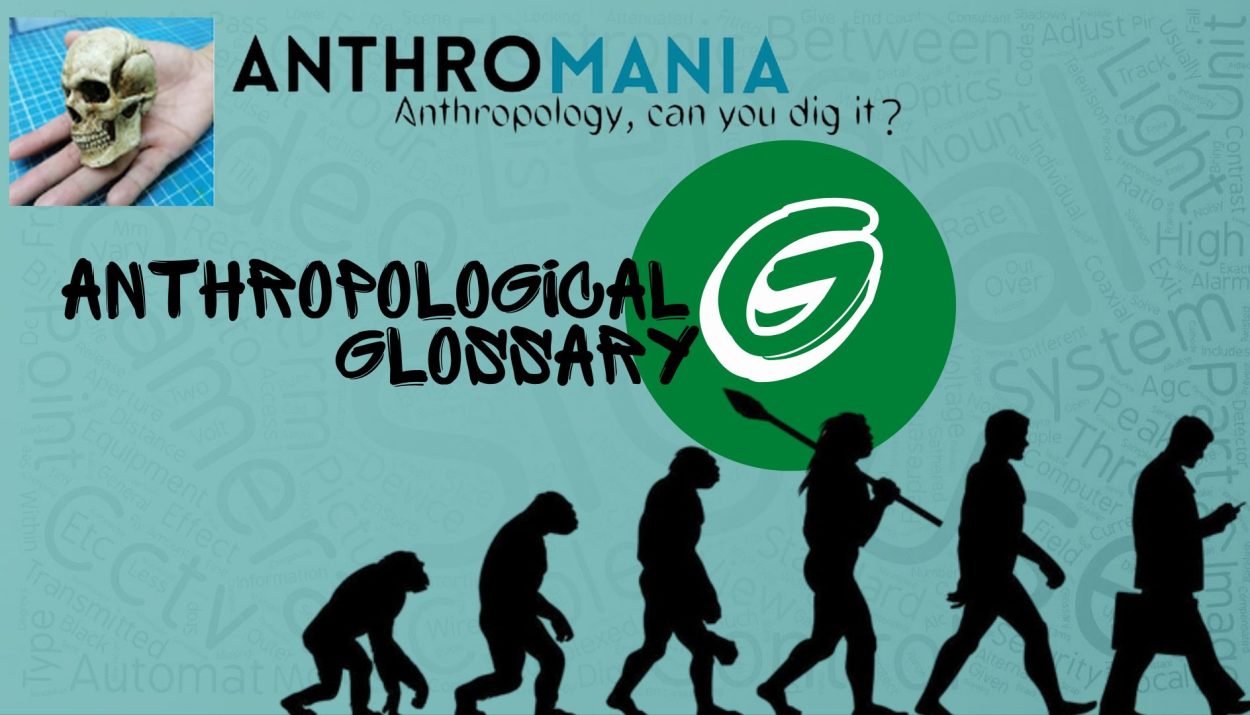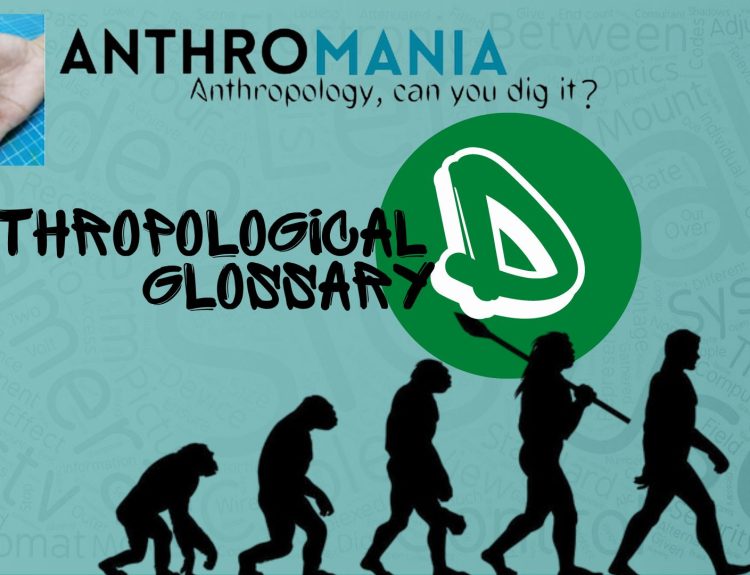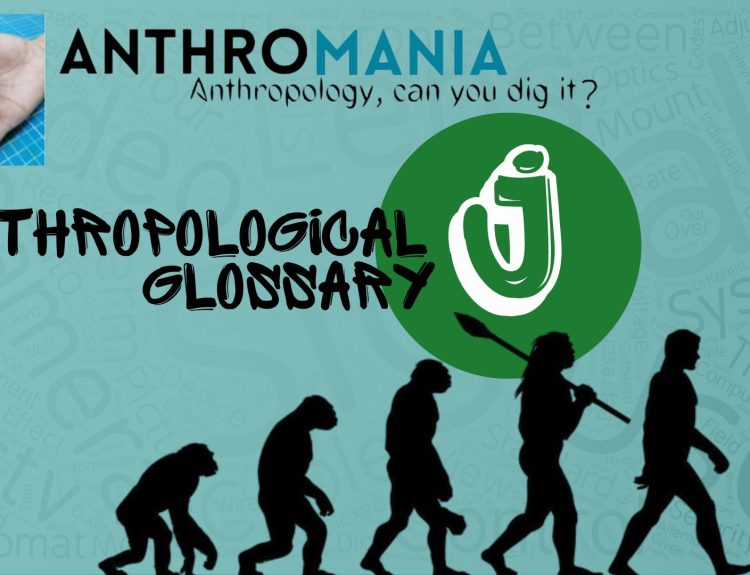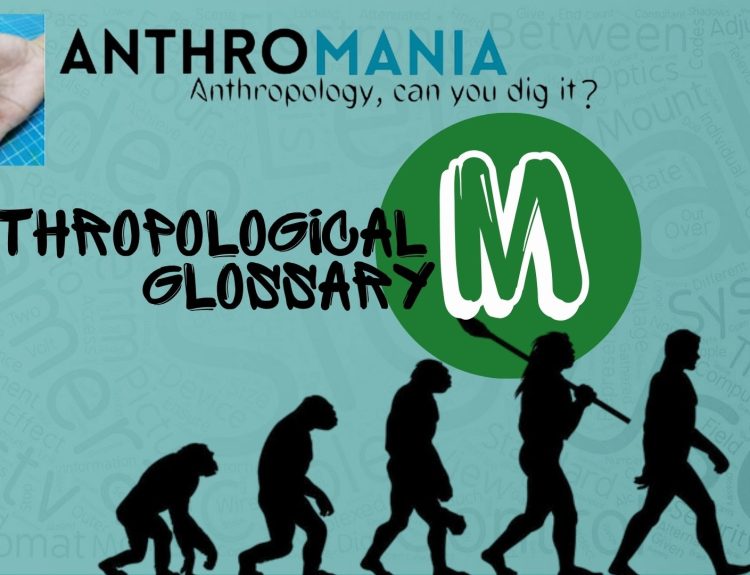The article “Anthropological Glossary (Letter G)” aims to elucidate fundamental terminology employed in the field of anthropology.
Gender: The roles, behaviours, expectations, and identities that societies ascribe to individuals based on their perceived sex.
Gender Binary: The classification of individuals into one of two exclusive gender categories, typically “male” and “female,” which is common in many societies but not universal.
Gender Identity: A person’s internal sense of their own gender, which may or may not align with their biological sex, and is influenced by cultural and social factors.
Gender Nonconformity: Behavior and self-expression that do not conform to traditional gender norms and roles, challenging societal expectations of how people of a particular gender should act or appear.
Gender Performativity: A concept introduced by Judith Butler, which suggests that gender is not a fixed identity but rather a performance or set of actions influenced by cultural norms and expectations.
Genealogy: The study of family history and ancestry, often used in anthropology to understand kinship systems and social structures.
Genealogical research: A method used in anthropology to study social and family relationships. Researchers trace lineages and connections through historical records, oral histories, and other sources to understand kinship and social structures.
Generalized Reciprocity: A form of exchange where goods or services are given without the expectation of an immediate or equivalent return, often associated with communal sharing.
Genetics: The scientific study of genes, which are the units of heredity that carry genetic information from one generation to the next.
Genetic drift: A random process that influences changes in the frequency of alleles (gene variants) within a small population over generations. It can result in the loss or fixation of alleles, causing genetic diversity to decrease.
Genetic engineering: A biotechnology field that involves modifying an organism’s DNA, often by inserting or altering genes, to achieve specific traits or characteristics.
Gentrification: The process by which urban neighbourhoods experience social and economic transformation, often resulting in the displacement of long-term residents due to rising property values and rent.
Gestures: Non-verbal forms of communication, such as body language, facial expressions, and hand movements, are used to convey meaning in different cultures.
Ghost Marriage: A practice in some cultures where a marriage ceremony is conducted with a living person and a deceased person, often with specific cultural and ritual significance.
Read- Nuer Ghost Marriage
Ghost town: An abandoned settlement that was once inhabited but has become deserted and often in a state of disrepair.
Gift Exchange: A cultural practice involving the giving, receiving, and reciprocating of gifts, which can play a significant role in building and maintaining social relationships.
Globalization: The interconnectedness of economies, cultures, and societies on a global scale. It involves the flow of goods, services, information, ideas, and people across national borders, leading to increased interdependence and cultural exchange.
Global Culture: The idea that there is a shared set of values, practices, and cultural elements that exist on a global scale, influenced by globalization.
Global Village: A term coined by Marshall McLuhan, referring to the idea that advancements in communication technology have made the world a smaller, interconnected community.
Glocalization: A concept that combines “globalization” and “localization,” referring to the adaptation of global cultural products and practices to fit local contexts while maintaining some global elements.
Glocal Food: Food that is produced locally but influenced by global culinary trends, reflecting both local culture and international flavours.
Graffiti: Inscriptions, drawings, or symbols on walls or other surfaces, often considered a form of public art and a means of expression in urban anthropology.
Great Tradition: The broader, more standardized, and often urban cultural practices that tend to be prevalent in the larger society.
Grihastha Ashram: The second of the four Ashrams (stages) in a Hindu’s life. It represents the householder stage, where an individual fulfils societal and familial duties, including marriage, raising a family, and pursuing a career.
Group Marriage: A marital arrangement in which multiple individuals are considered part of a single, collectively recognized marriage.
Growth: The process of increasing in size, mass, or complexity.







